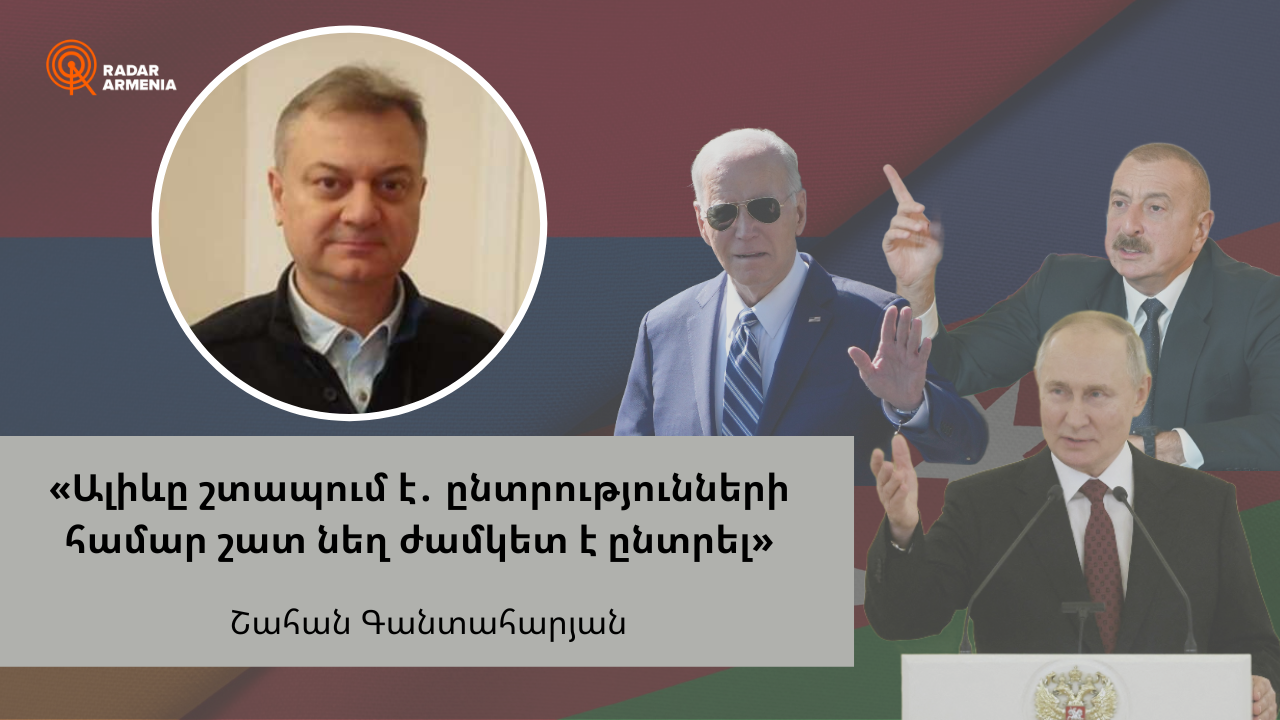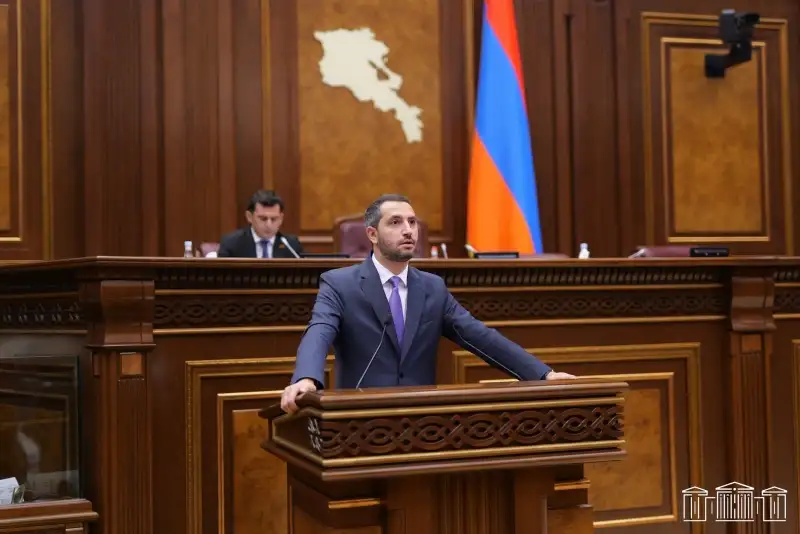Radar Armenia's interlocutor is Shahan Gantaharyan, an international scholar.
- How will you interpret yesterday's statement from the staff of the leaders of Armenia and Azerbaijan? What did this mean and were there hidden dangers here?
- I can fix a few observations. first, that the statement does not mention a third party. It means that the negotiations were not mediated. It does not mean that other parties did not follow, suppress or direct. The appearance is direct, but the involvement of the parties, in terms of encouraging or Greekizing, is politically understandable. The exchange of prisoners is interpreted as a humanitarian act, but there is a strong political consensus regarding the COP. This means that there are direct negotiations on other issues as well. In terms of pushing out the collective West, the format of direct negotiations is in Baku's interests, however, the coincidence of O'Brian's visit to Baku gives rise to other interpretations politically.
- According to you, why did the parties take such a step?
- I think there was going to be an exchange of prisoners. the problem is the choice of the political moment. The COP part is clear. has a role. There are certain geopolitical tendencies to stabilize the South Caucasus, not necessarily with final conclusions, because there is still a competition in the directions of establishing or pushing out zones of influence. And the stabilization, perhaps, depends on the upcoming presidential elections of the USA and the Russian Federation.
- Is this happening as a result of pressure from the West, or do you see a Russian trace, even though the statement talks about a bilateral format?
- It is possible that both. invisible engagement is simple as opposed to direct format. The details of O'Brian's visit to Baku should not be overlooked, especially after the declarative tension between Washington and Baku.
- Azerbaijan announced extraordinary presidential elections. How do you explain this move by Aliyev?
- At first glance, it can be connected with the presidential elections of the Russian Federation and the USA. However, I think it is caused by internal and external pressures. Despotic regimes lack legitimacy and popularity. The intra-Azerbaijani field is not calm. It can be used by an outside force at any time. This is not a theory, it is a fact, which, as a methodology, has been used and effective in different countries. Aliyev is in a hurry due to all these circumstances. Especially since he chose a very narrow period for going to the elections.
- What geopolitical developments can take place in Azerbaijan after the elections in the USA and Russia?
- I think the geopolitical competition in the region will continue. Apart from the USA, the other two countries will hold predictable elections. The competition between Russian and Turkish influences will intensify in Azerbaijan. There will come a time when it will be difficult for Aliyev's regime to balance. I think that Ankara will find itself in some contradictions in relation to the USA, although the limit of deepening its relations with the Russian Federation is still determined by Washington. In the short term, I don't think there will be drastic changes in the general regional policy. A slow isolation of Iran will be recorded, parallel to the blockade policy applied to Russia.
Hayk Magoyan


















